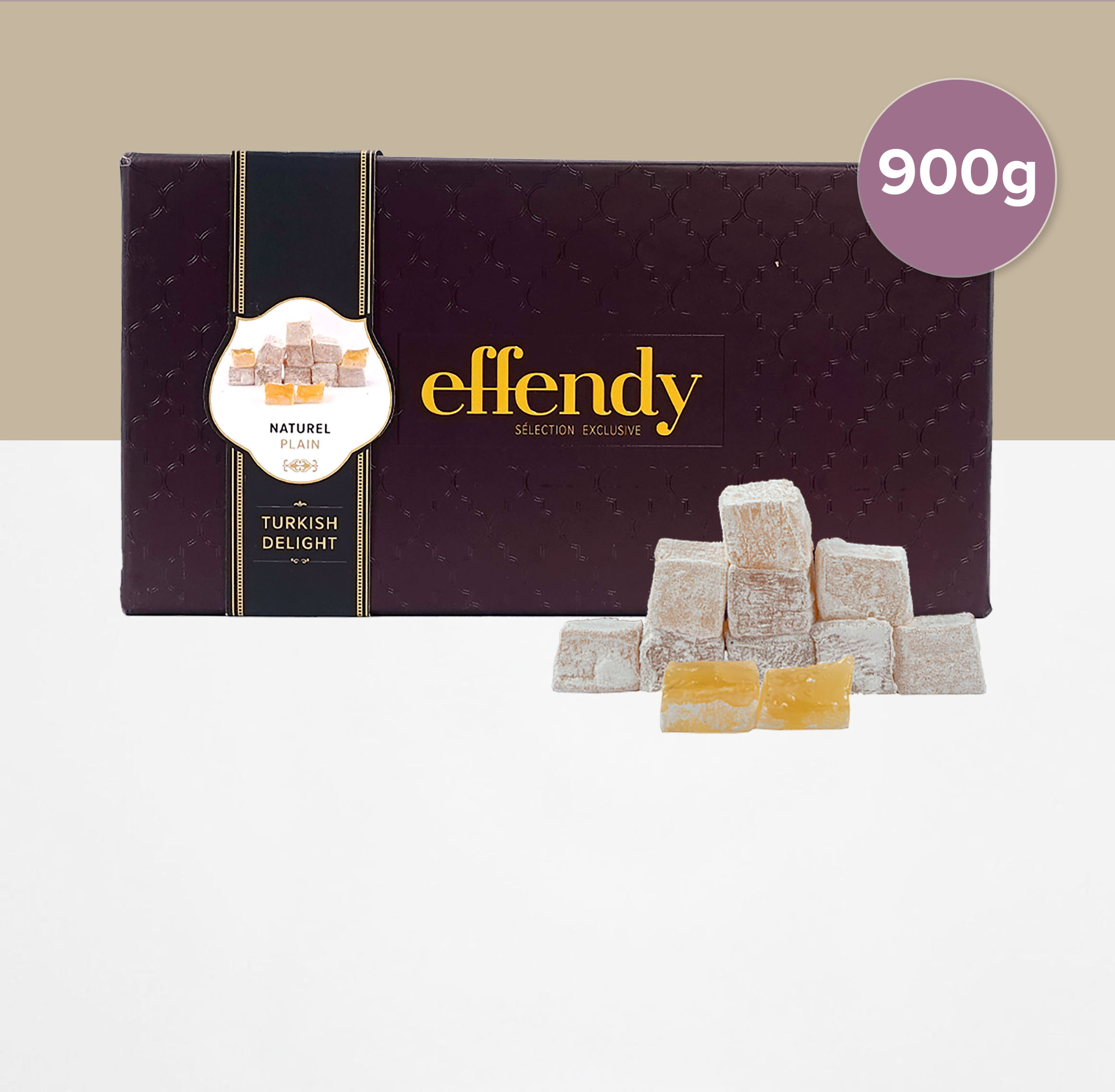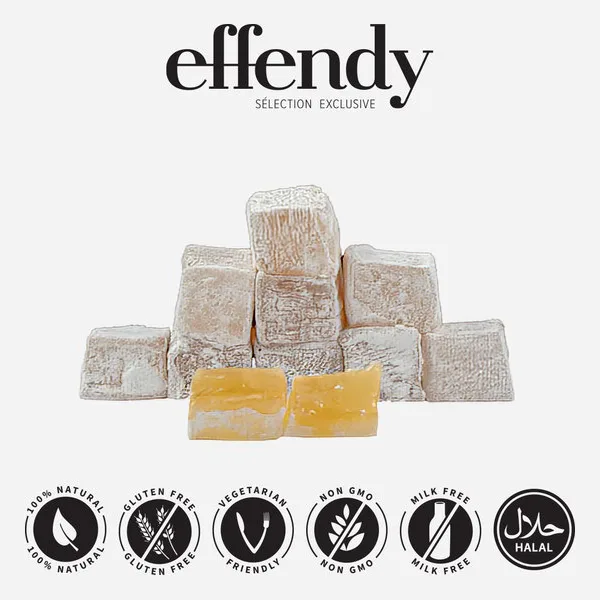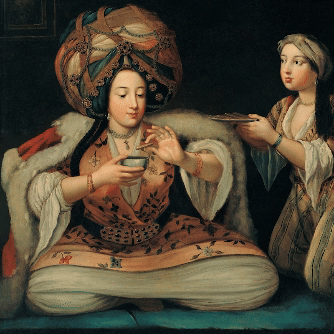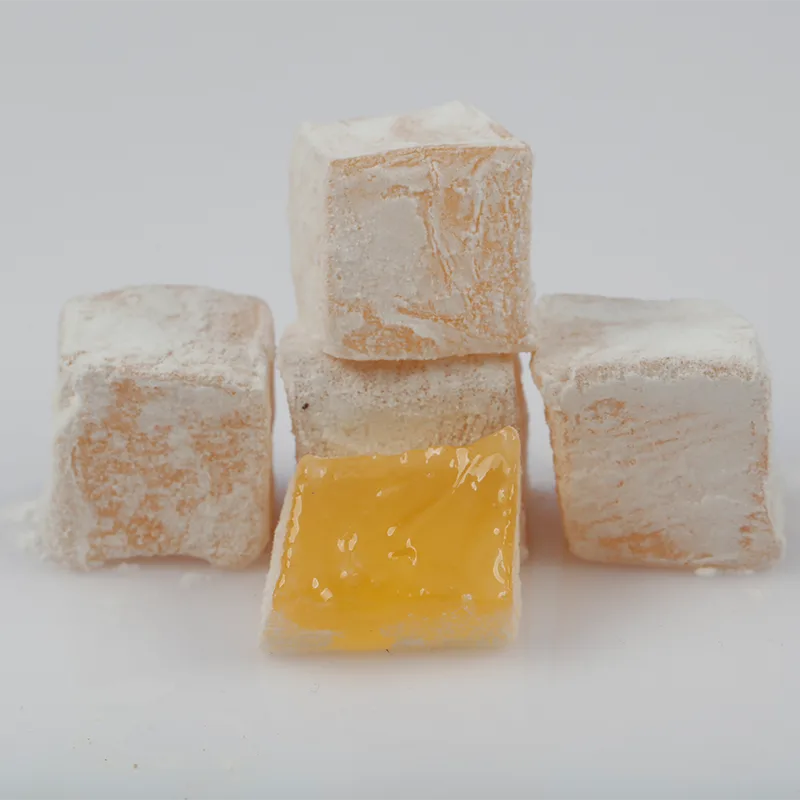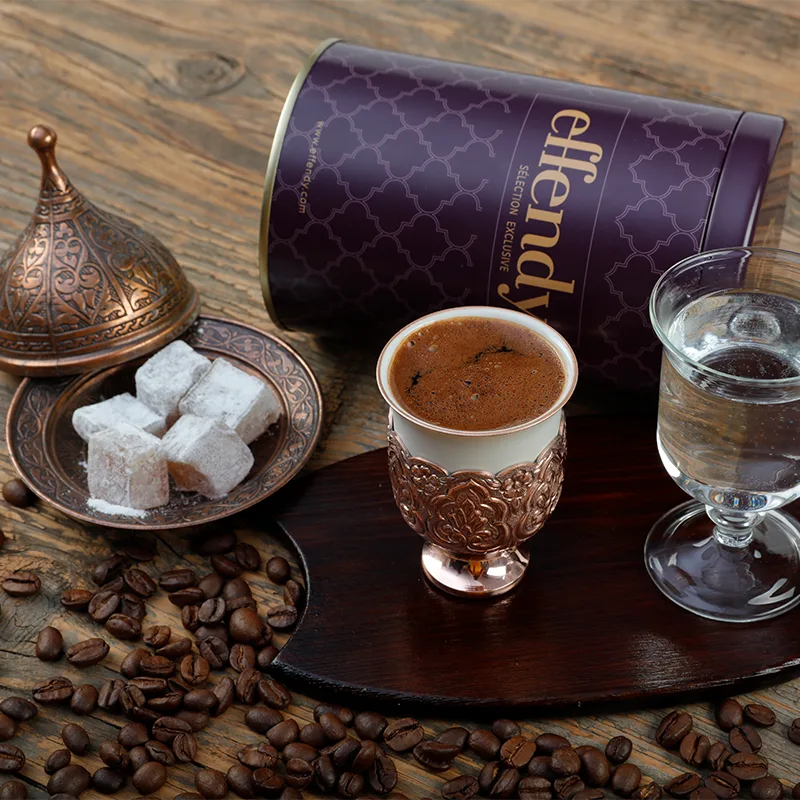From Ottoman Palaces to Global Fame
Turkish Delight, or “Lokum”, dates back over 500 years to the grand kitchens of the Ottoman Empire. Created by imperial confectioners to satisfy the Sultan’s desire for an exquisite, melt-in-the-mouth sweet, this delicacy quickly became a symbol of luxury, hospitality, and refinement.
Why Turkish Delight Was So Important in Ottoman Culture:
- A Symbol of Status – Served in royal banquets and elite gatherings.
- A Gift of Diplomacy – Exchanged as a prestigious gift among rulers and ambassadors.
- A Treat of Elegance – Paired with Turkish coffee and fine teas in the courts of Istanbul’s Topkapi Palace.
- A Culinary Masterpiece – Crafted by Ottoman confectioners known as “Helvacı Ustaları”, using secret recipes passed down for generations.


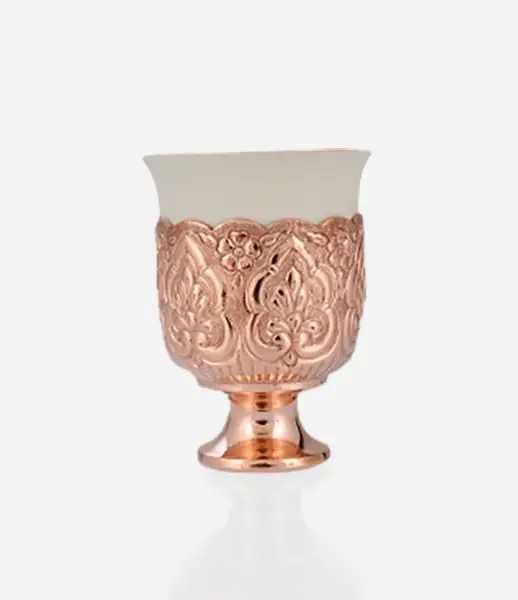
 The Journey of Coffee to Europe
The Journey of Coffee to Europe  The Forbidden Brew
The Forbidden Brew  The Ottoman Secret Behind Turkish Delight
The Ottoman Secret Behind Turkish Delight 